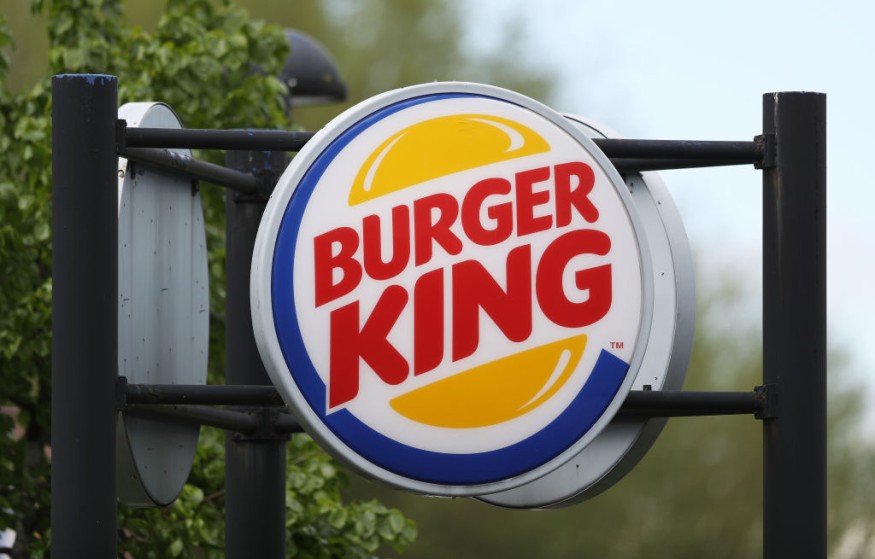
In this day and age, fast food has become a significant part of our diet. The convenience of getting cooked food that satisfies our taste buds is effortlessly achieved by fast-food chains worldwide.
However, like many other food items, there are also dangers in consuming too much fast food, and Science backs these findings.
1. Higher risk for high blood pressure.
It often goes unnoticeable, but according to the American Heart Association (AHA), fast foods contain a significant amount of sodium.
As per the AHA, the recommended dose of sodium per day should be no more than 2,300 milligrams. The Triple Whopper with Cheese by Burger King already contains 1,470 milligrams of sodium, which leaves you less than 1,000 milligrams for the remainder of the day.
The worst part is that if you always go beyond the recommended amount of sodium intake every day, this can cause hypertension or high blood pressure.
2. Higher risk for experiencing a heart attack.
Another dangerous effect of consuming too much fast food is having a higher risk of heart attacks. Aside from consuming excess sodium, burgers, chicken, pizza, and other foods from these chains contain a lot of saturated fat.
According to Harvard Health, saturated fats can increase LDL cholesterol and creates a lining on the arterial walls that can lead to a possible heart attack.
Mayo Clinic recommends consuming between 44 and 78 grams of fat in a day. It means that finishing a single Monster Angus Thickburger from Carl's Jr. tips your fat amount over for the day.
3. Nutrient deficiency.
The convenience that fast food brings is unfortunately replaced with the lack of nutrients we get from them. Several studies reveal that consumption and out-of-home eating behavior is the leading risk factor for lower diet quality.
It also perpetuates higher calorie and fat intake and lowers the micronutrient density of a food.
4. Higher chances of getting Type 2 diabetes.
Contrary to what we believe, Type 2 diabetes is not just consuming too much sugar. Although that is also a significant factor, high sodium, fat, calorie, and carb amounts in fast food can likewise lead to an increased risk of Type 2 diabetes.
While other factors, like age, family history, activity level, and blood pressure, may also play a role, a diet high in trans and saturated fats can increase the amount of triglycerides in your blood, increasing the risk of developing this type of diabetes.
5. Higher risk of developing cancer.
If you think that hypertension, Type 2 diabetes, and lack of nutrients are the only concerns you will face for eating too much fast food, think again!
According to several studies, an ingredient typically used in fast-food meat has been linked with breast, prostate, and colon cancers for over ten years.
The chemical PhIP was found to be associated with cancer, as revealed by a study conducted in 2008, which was also figured in a lawsuit in 2009 involving Burger King. As a result, Burger King agreed to post warnings about PhIP in its California restaurants.
Moreover, limiting the amount of fast and processed foods is recommended by The American Institute for Cancer Research and the World Cancer Research Fund.
Related article : Secrets to Making the Perfect Fluffy Japanese Soufflé Pancakes
© copyright 2024 Food World News, a property of HNGN Inc. All rights reserved. Use of this website constitutes acceptance of our terms and conditions of use and privacy policy.



